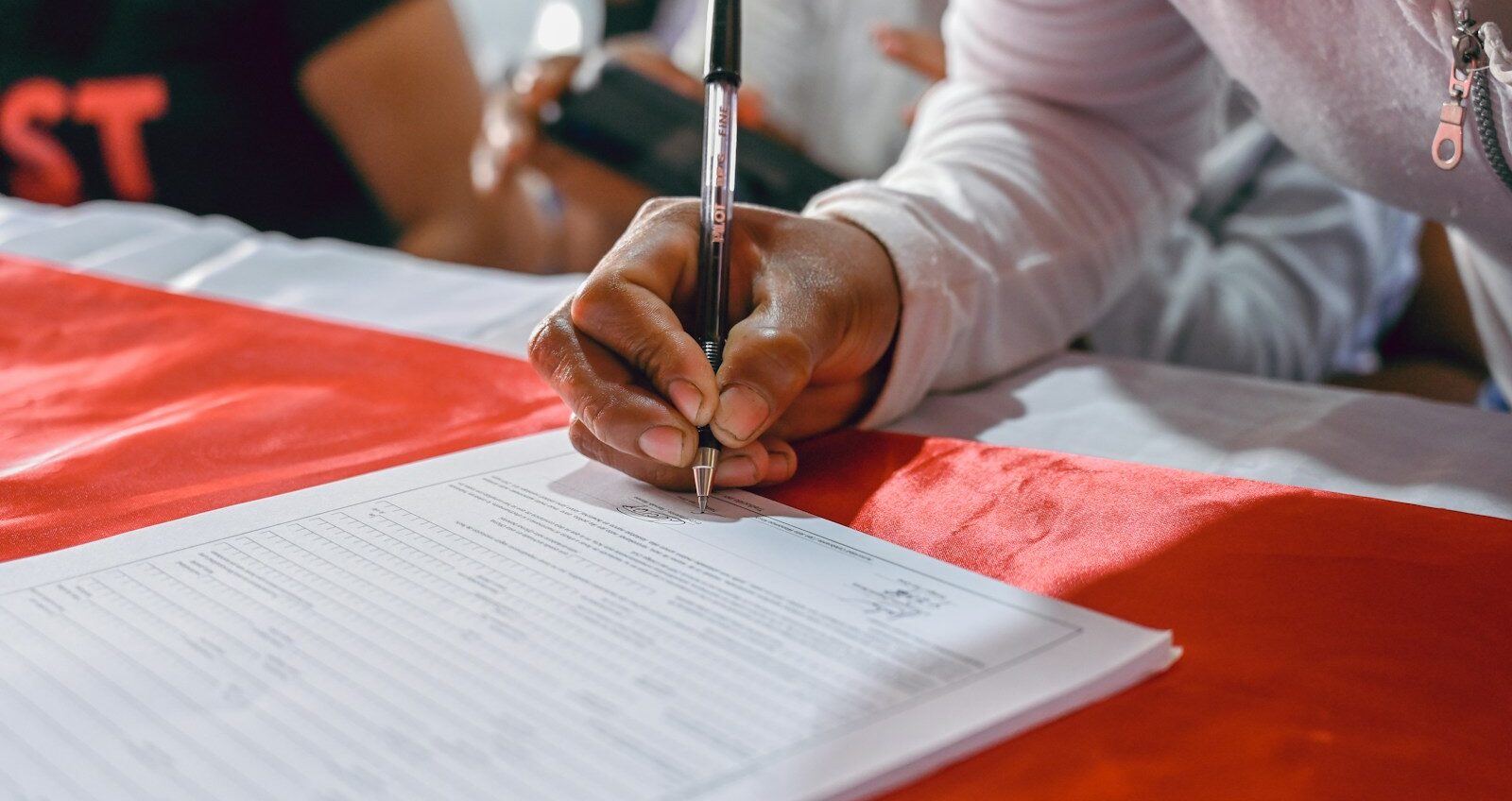The Covid-19 lockdowns and the slow easing of these restrictions has been a terribly long journey, and one that has severely affected our mental and physical health. One of the greatest deprivations of this period has been the enforced social isolation and the absence of touch.
It would be naive to think that everyone will come back to offices and society the same as they were before. We have all been changed.
We cannot underestimate the effects of this on our workforce and it’s up to employers to ensure the right support is put in place to ease the transition back to work for everyone – whether they’re returning to the office full-time or taking on a new hybrid model of working.
The physical effects of isolation and absence of touch
Humans are social creatures. We depend on social interactions for our safety, our health, and the continuation of our existence. Enforced social isolation is often used a form of punishment, with the view that it forces an offender to reflect on what they did wrong and how to make amends. This is what has made this period so difficult for many, irrespective of personality or behavioural type. It’s the unconscious thought that we’ve done something wrong and are being punished. Ultimately, lengthy enforced social isolation leads to loneliness, anxiety, depression, confusion, forgetfulness, exhaustion, hallucinations, etc.
The absence of touch is also worth considering. The science of touch suggests that we’re wired to – we need to – connect with other people on a basic physical level. To deny that is to deprive ourselves of some of life’s greatest joys and deepest comforts. Touch is a primal way of connecting with another person, of feeling seen, of feeling supported and alive. It is arguably the first sense we develop as humans, even before birth. Babies in the womb sense touch – how amazing is that?
During this pandemic, we’ve been forced to deny our primal need for touch. This denial leads to and exacerbates mental and physical health issues like loneliness, depression, dementia, reduced immunity, anxiety, to mention but a few. Do you sense the trend here?
A personality shift
Humans are learning creatures – we adapt to survive. If it’s a profound event that has forced our modification or adaptation, it gets imprinted into our genes and gets passed down, becoming a ready resource for our offspring to tap into, which leads to habits.
Humans are creatures of habit and in this time, we’ve been forced to cultivate new habits, live in social isolation and avoid touch. This has had tremendous impact on our psyche and now that the UK and most of the world (pray for India and others still deep in the pandemic) are starting to emerge out of lockdown, many will experience some type of post traumatic stress disorder in forms of social anxiety and other mental health issues.
In this time, many will have undergone significant shifts in personality and behaviour, and it would be naive to think that everyone will come back to offices and society the same as they were before. We have all been changed.
[cm_form form_id=’cm_65a14c3f5da64′]
Seven tips for supporting returning employees
How can people leaders best support their people while ensuring good performance? I’ve been researching, and holding conversations on Clubhouse on this topic and here are my takes:
1. Self check-in
You cannot pour from an empty cup, so, take intentional actions to fill your ‘cup’, so to speak. You matter. Take the safe space you are creating for your team as one also intended for yourself. A tree gives nourishment to all around it, but it also takes nourishment from all around it.
2. Holistic wellbeing strategy
If you haven’t yet designed and implemented one, you need to do that now. Tackling your peoples’ wellbeing isn’t a solo job. It’s a team sport and there’s an army of wellbeing specialists waiting to be of service to you, myself included. Conscript or enlist them into your service. Use them to create a resource hub, a regular check in and support service with learning opportunities for your people.
3. Psychometric assessments
To help you design a wellbeing plan that will meet the needs of your people in an inclusive manner, it is imperative that you understand your people, their needs and their stresses. DISC is a great tool for this. It is an amazing springboard for building self-awareness, empathy and leads to modification of behaviour for inclusion, agile conflict prevention and resolution.
A good DISC report will contain three graphs that would show the intensity of each of the four styles in a person, depending on the situation – public self a.k.a. ‘mask’; private self a.k.a. ‘core’; and perceived self a.k.a. ‘mirror’. This is great because it shows who in your team is struggling. It will also contain feedback with how each behavioural style within your team interacts with others along with coaching tips on how each can modify behaviour and language. It shows the strengths and blind spots, and coaches you on how to strengthen the blind spots, and support those struggling as a team. Beware of stereotyping. There’s no best profile and we all have each of the four traits within us – dominance, influence, steadfast and conscientious.
4. Ask and listen
Don’t shy away from asking questions. A questioner doesn’t get lost. A good leader is a good listener. Asking and listening also gives your people voice, while enabling you convey empathy and compassion.
5. Collaborative team building
Whether all your people are back to the office or working flexibly, don’t take your foot off the pedal when it comes to creating team building activities, whether that’s virtually or in person. You should design a programme that alternates both strategies. A great collaborative in person team building strategy is one that allows the different personalities within your team to feel at ease and not pressured. Consider an event that teaches, entertains and stimulates. With things opening up again, how about getting everyone together for an away day experience to gently reconnect everyone and connect new members to others?
6. Speak up
After all of your hard work, it would be a shame if your people don’t know about the support systems you’ve put in place. Spread the word.
7. Take it slow
Like butterflies, we all need time to emerge from our cocoon. Be patient. Be kind to yourself and others.
Below is a helpful visual on how to support employee reconnection and mental health…









